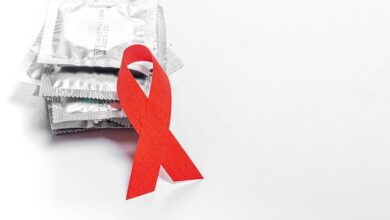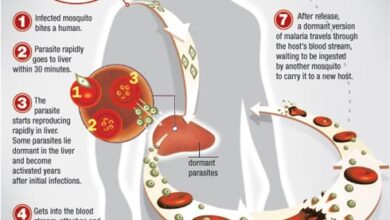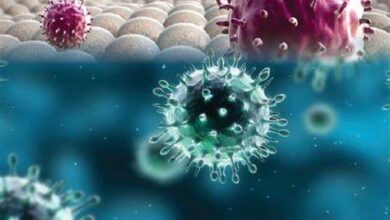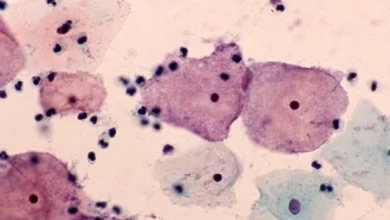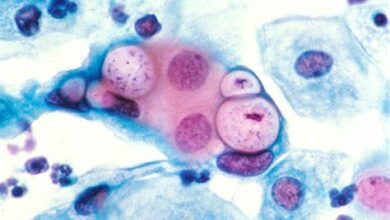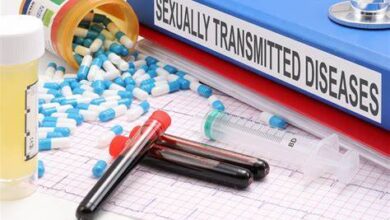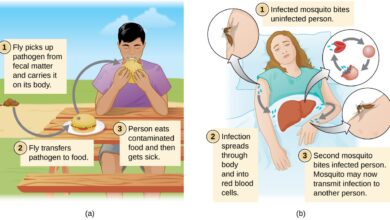Promoting Sexual Health: Tips for Prevention, Safe Practices, and Regular Testing
Sexual health is an essential aspect of overall well-being, encompassing physical, emotional, and social dimensions. Promoting sexual health involves adopting preventive measures, practicing safe behaviors, and ensuring regular testing for sexually transmitted infections (STIs). In this article, we’ll explore various strategies and tips for maintaining optimal sexual health.
Understanding Sexual Health
Before delving into specific tips for promoting sexual health, it’s important to understand what sexual health entails. Sexual health goes beyond the absence of disease; it encompasses positive and respectful sexual relationships, the ability to have pleasurable and safe sexual experiences, and the freedom to make informed decisions about one’s sexual behavior.
Importance of Prevention
Preventive measures play a crucial role in safeguarding sexual health and reducing the risk of STIs. Education and awareness are key components of prevention, empowering individuals to make informed choices about their sexual activities. Encouraging open communication about sexual health and promoting access to contraception and barrier methods are effective preventive strategies.
Safe Practices
Practicing safe sex is fundamental to protecting against STIs and unplanned pregnancies. Here are some safe practices to consider:
Proper Condom Use
Using condoms correctly and consistently during sexual activity can significantly reduce the transmission of STIs. It’s essential to use condoms from start to finish and to store them properly in a cool, dry place.
Mutual Monogamy
Limiting sexual activity to a mutually monogamous relationship with an uninfected partner can reduce the risk of STI transmission. However, it’s important to ensure that both partners have been tested for STIs before engaging in unprotected sex.
Limiting the Number of Sexual Partners
Reducing the number of sexual partners can also lower the risk of exposure to STIs. Engaging in sexual activities with fewer partners decreases the likelihood of encountering an infected individual.
Regular Testing
Regular STI testing is a critical component of sexual health maintenance, even for individuals who engage in low-risk behaviors. Testing allows for early detection and treatment of STIs, preventing the spread of infections and minimizing potential complications. The frequency of testing may vary depending on factors such as sexual activity, age, and individual risk factors.
Access to Healthcare
Ensuring access to comprehensive sexual health services is essential for promoting optimal sexual health. This includes access to STI testing, counseling, contraception, and treatment for STIs. Affordable and confidential healthcare services facilitate early detection and intervention, contributing to better health outcomes.
Breaking Down Stigma and Shame
Addressing stigma and shame associated with STIs and sexual health is crucial for promoting open communication and seeking appropriate care. Creating supportive environments where individuals feel comfortable discussing sexual health concerns without fear of judgment or discrimination is essential.
Education and Awareness
Comprehensive sexual education programs play a vital role in promoting sexual health among individuals of all ages. These programs provide information about STIs, contraception, consent, healthy relationships, and communication skills. By equipping individuals with knowledge and skills, sexual education empowers them to make informed decisions and navigate sexual situations responsibly.
Conclusion
Promoting sexual health requires a multifaceted approach that encompasses prevention, safe practices, regular testing, access to healthcare, stigma reduction, and education. By prioritizing sexual health and adopting proactive measures, individuals can enhance their overall well-being and contribute to healthier communities. Remember, maintaining sexual health is a lifelong journey that requires ongoing commitment and effort.



